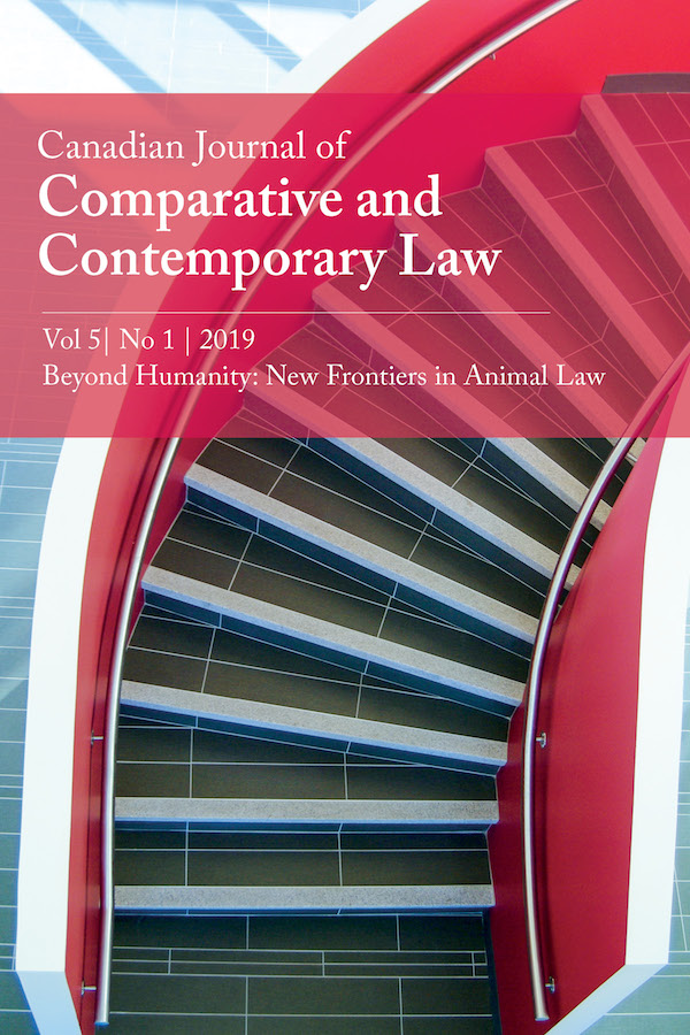
Professor Peter Sankoff, of the University of Alberta Faculty of Law, has published a new article on farmed animal codes of welfare in the Canadian Journal of Comparative and Contemporary Law.
Titled, "Canada's Experiment with Industry Self-Regulation in Agriculture: Radical Innovation or Means of Insulation?", the piece examines how the rules on animal treatment on Canadian farms mostly exist in the form of codes drafted by a coalition of agricultural bodies and non-government organizations, working under the aegis of an umbrella group called the National Farm Animal Care Council (NFACC).
Sankoff examines this self-regulation of animal protection standards. He outlines the legislative background that led to their development, the NFACC's institutional membership, the role it plays in creating national standards of animal welfare, how it drafts the codes, the legal status of these instruments. and the strengths and weaknesses of Canada's code regime.
Writes Sankoff: "To put the matter as charitably as possible, Canada has never been considered a world leader where animal protection law is concerned, especially insofar as farm animals are concerned.
"While its Commonwealth 'cousins' in the United Kingdom, Australia, and New Zealand were enacting dramatically enhanced animal protection laws through the 1990s and early 2000s, Canada's federal government stood pat, maintaining a 1950s-era framework that is normally referred to in uncharitable terms like 'outdated', 'antiquated', and 'woefully inadequate'. From 1999 through to 2015, a series of well-documented attempts to amend Canada's animal protection law in Parliament all met with failure, and there are no signs of anything changing in the immediate future."